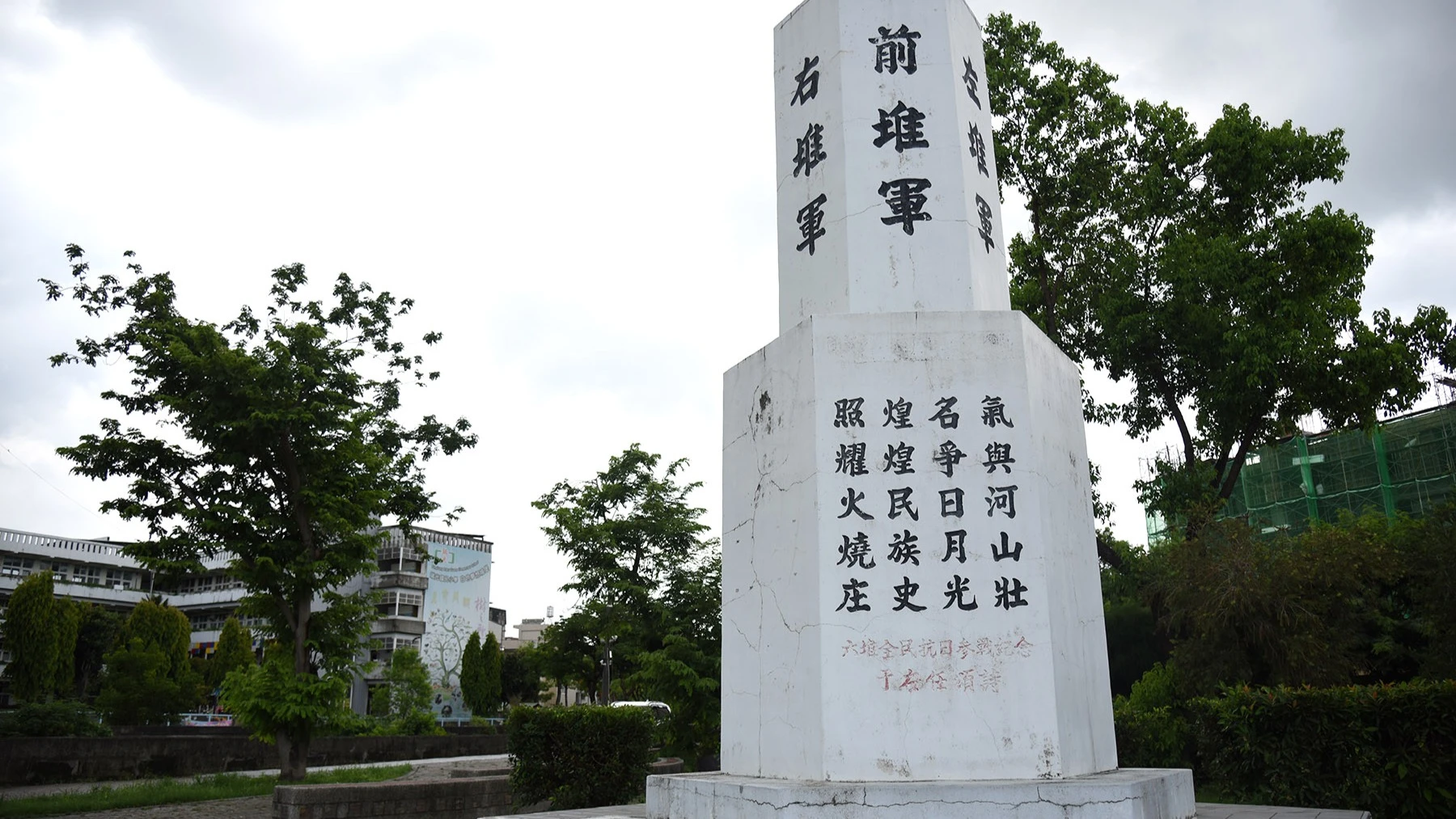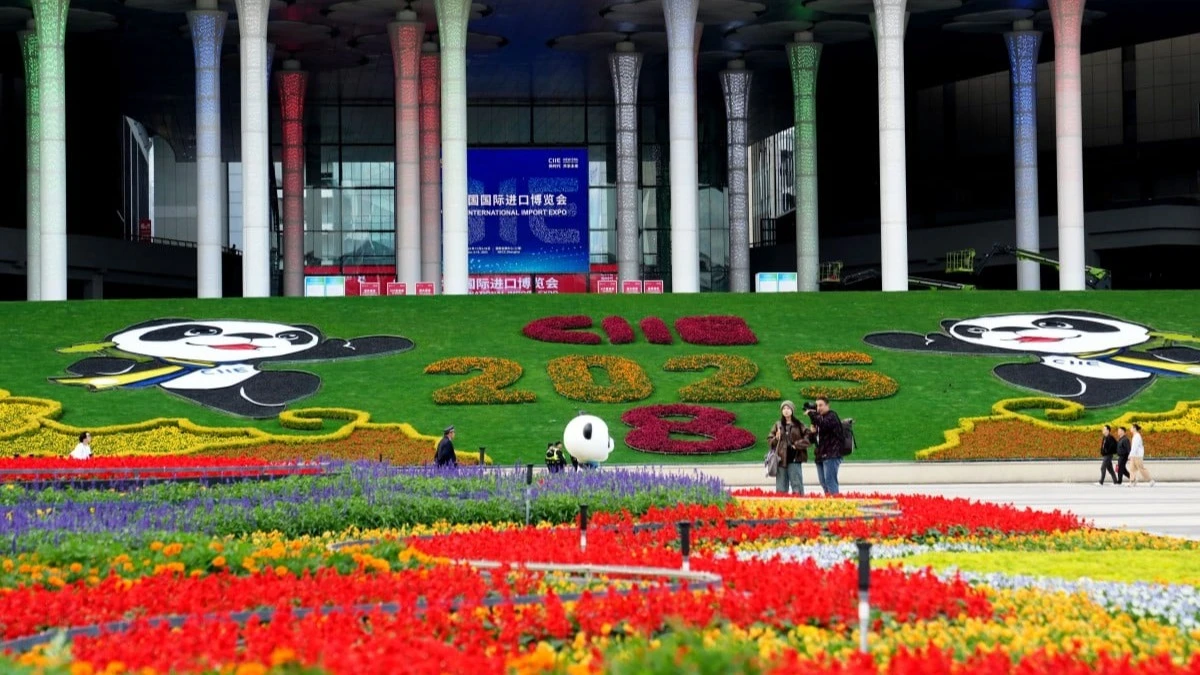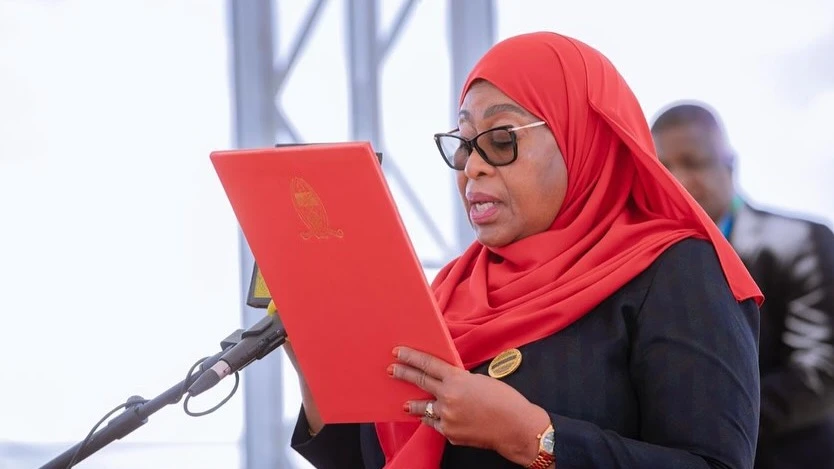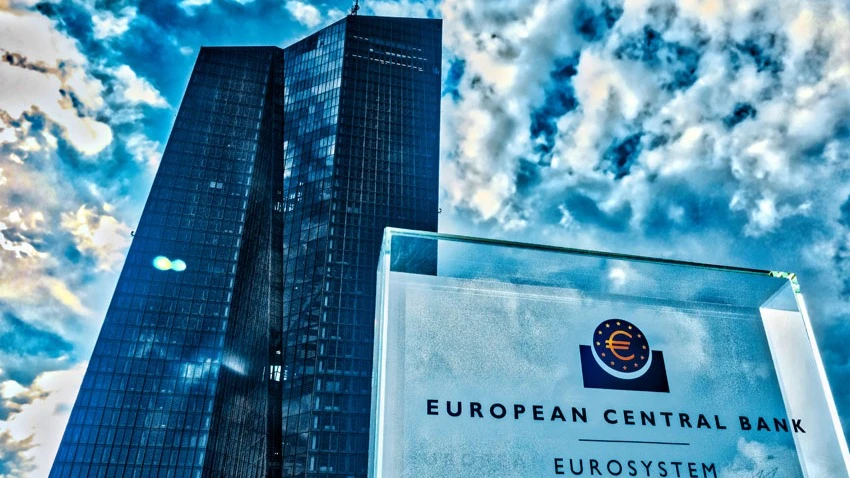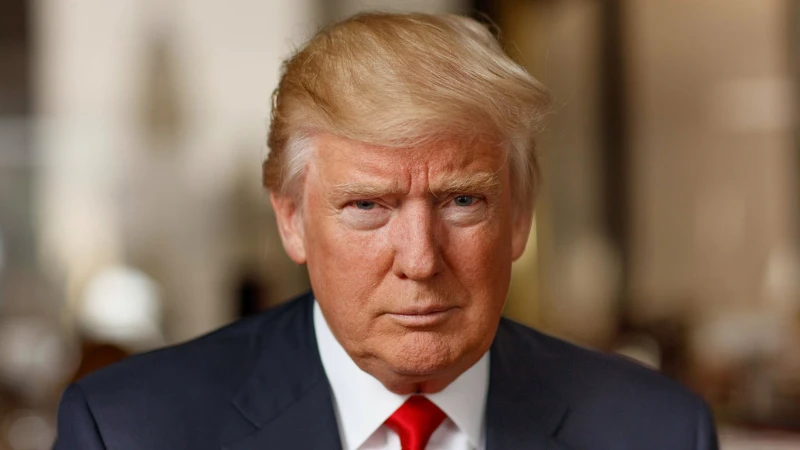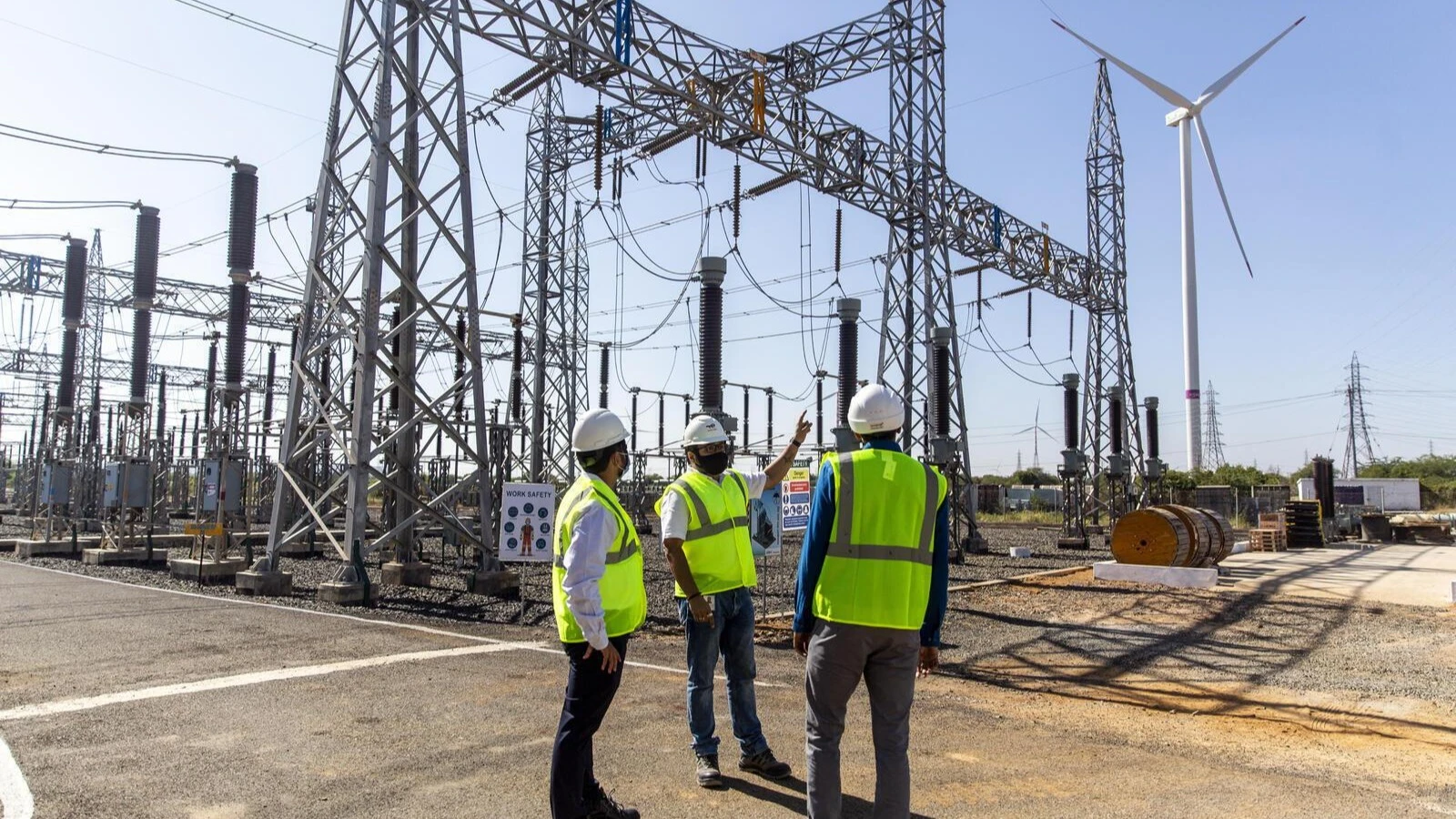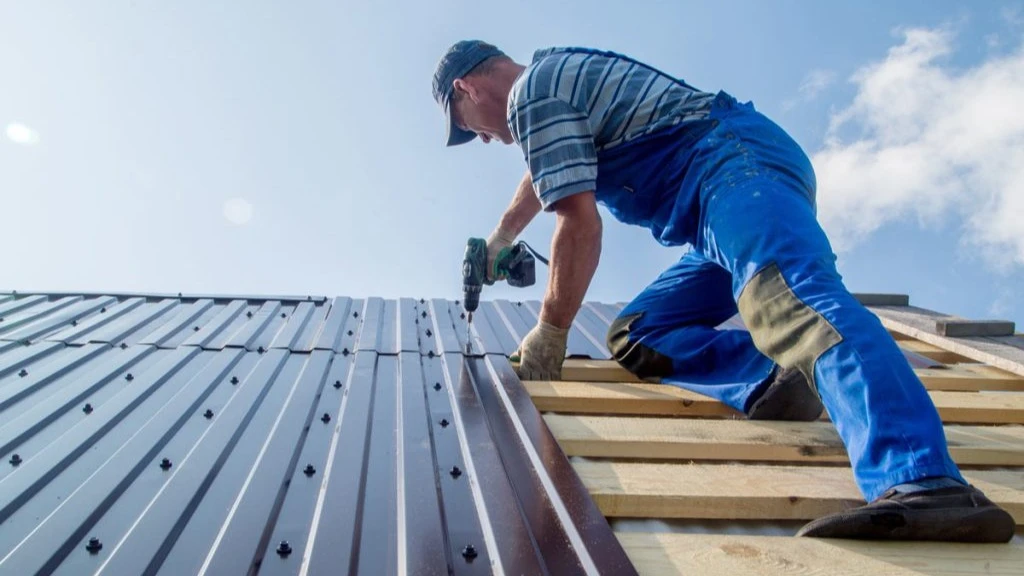LHRC wants probe team as country returns to normalcy
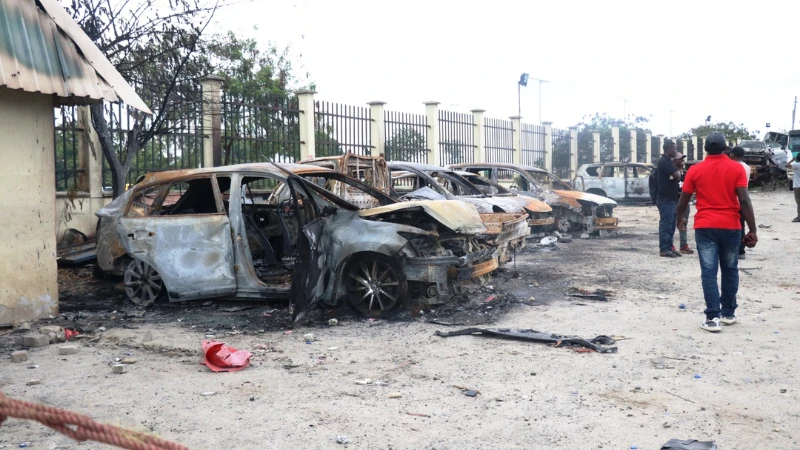
THE Legal and Human Rights Centre (LHRC) yesterday issued a statement urging the government to set up an independent judicial team to investigate the extent of violence and sort out widespread testimonies of how police quelled extensive pillage and property destruction early on polling day.
LHRC called for transparency, accountability and justice, demanding that individuals who committed unlawful actions face legal consequences. Conducting impartial investigation would be crucial to rebuilding public trust and promoting national reconciliation, the NGO asserted.
Expressing relief at the president’s promise of dialogue and reconciliation, it strongly appealed for an independent judicial commission “to thoroughly investigate the killings and serious human rights abuses that took place. Accountability is vital for justice to prevail and for the nation to heal.”
The call was echoed by several civil society groups and citizens on social media, seeking clarity and fairness in handling the situation, where various organisations and sections of society were trying to find their feet as normal activities resumed all over the country, with relative unease.
President Samia Suluhu Hassan on Monday directed the national defence and security committee and corresponding regional and district level committees to speed up relaxation of controls so that life returns to normal all over the country.
Applause was heard from those attending the swearing in ceremony as stress and discomfort was intensifying in the wake of a weeklong shutdown of most outdoor activities, with chaos breaking out early on polling day, beefed up with a 12 hour curfew set by Inspector General Camillus Wambura late in the afternoon.
The police removed the curfew in a statement cited by media agencies in the morning yesterday, with many people unaware of the changed situation as people went to bed on Monday without hearing the curfew rescinding order from the police.
As of yesterday, police presence remained high in parts of the city, for instance around Kariakoo and Mbagala as authorities closely monitored the situation for any signs of further disturbances.
Rapid bus transport services were yesterday formally suspended for major routes in the city of Dar es Salaam for the government to conduct a detailed assessment of damage incurred with the outbreak of violence and destruction mid last week.
Regional Commissioner Albert Chalamila said at a press conference yesterday that regular commuter buses will be provided with temporary licenses to operate on the routes while the exercise is being pursued.
The RC issued that update as a somber calm was descending over the city, with the uneasy situation more visible at the Kariakoo International Market, with a scatter of shops partially open while many others remained closed.
Meanwhile life in the city started returning to normal after the weeklong pause, where the usually vibrant city centre trading hub known for its bustling crowds and constant movement was still quiet. Minimal presence of street vendors and sparse public transport services were the hallmarks of the subdued atmosphere.
Along the busy Uhuru and Congo streets, where hundreds of small-scale traders, commonly known as machinga, normally line the walkways selling all sorts of goods, only a few were seen operating.
Most stalls and kiosks remained shuttered, and several shop owners were spotted standing outside their closed businesses in small groups, discussing the uncertainty of doing business as assurances were being given to the public that all was now largely normal.
After a week-long lay off, public transport services were still skimpy, with the large number of commuter buses typically ferrying passengers from various parts of the city to Kariakoo in irregular operations, with passengers subjected to long waiting times.
Traffic was notably light on major routes such as Kilwa Road, stretching from Kongowe through Mbagala Rangitatu to the city centre — an unusual sight for one of Dar es Salaam’s busiest highways.
Suspending the BRT system connecting Mbagala with Gerezani and Kivukoni remained in place as the BRT terminal at Mbagala was heavily guarded by armed security personnel, with officers stationed inside and outside the terminal, plus the pedestrian footbridge, maintaining close watch over movements in the area.
Top Headlines
© 2025 IPPMEDIA.COM. ALL RIGHTS RESERVED








